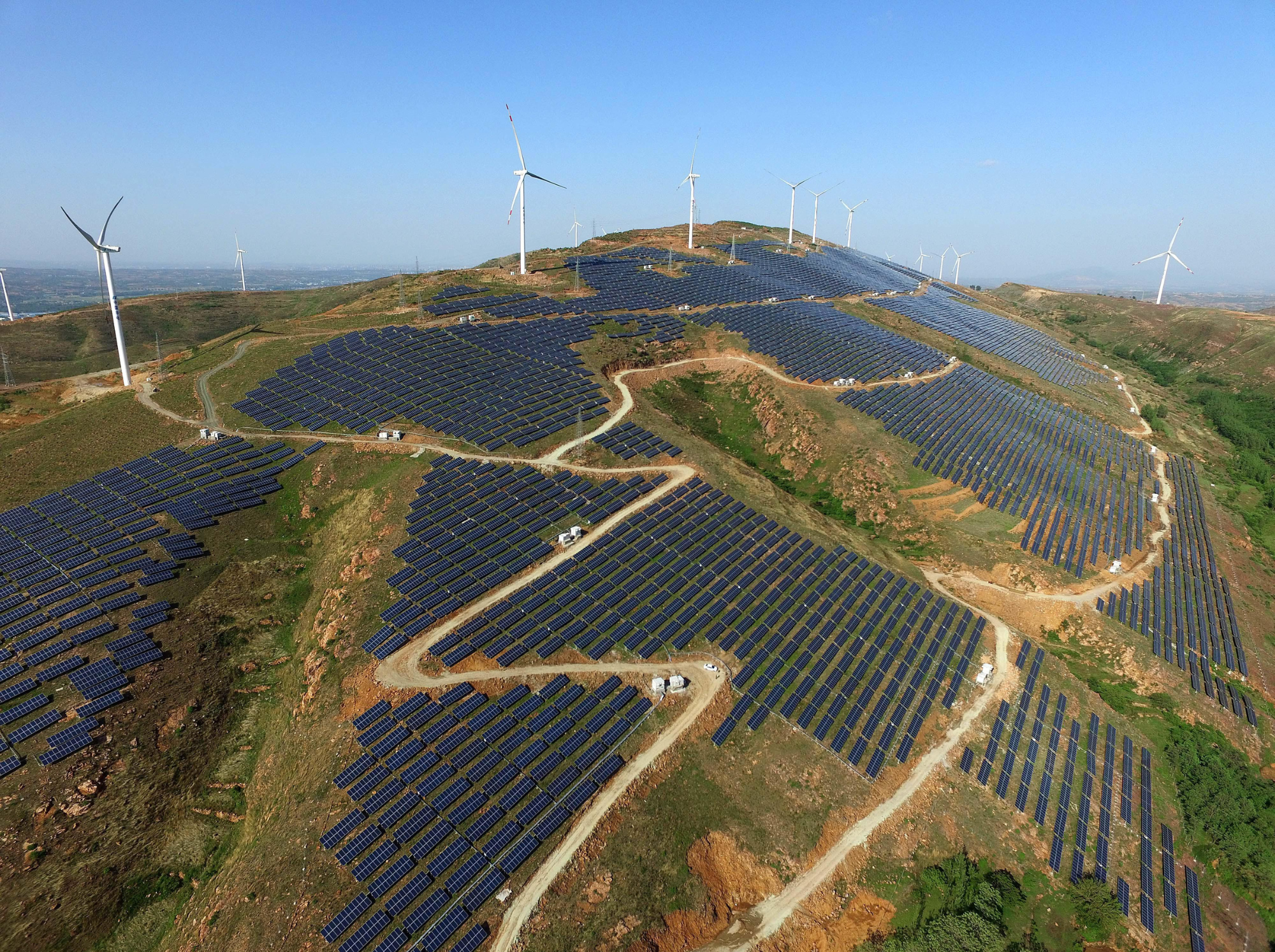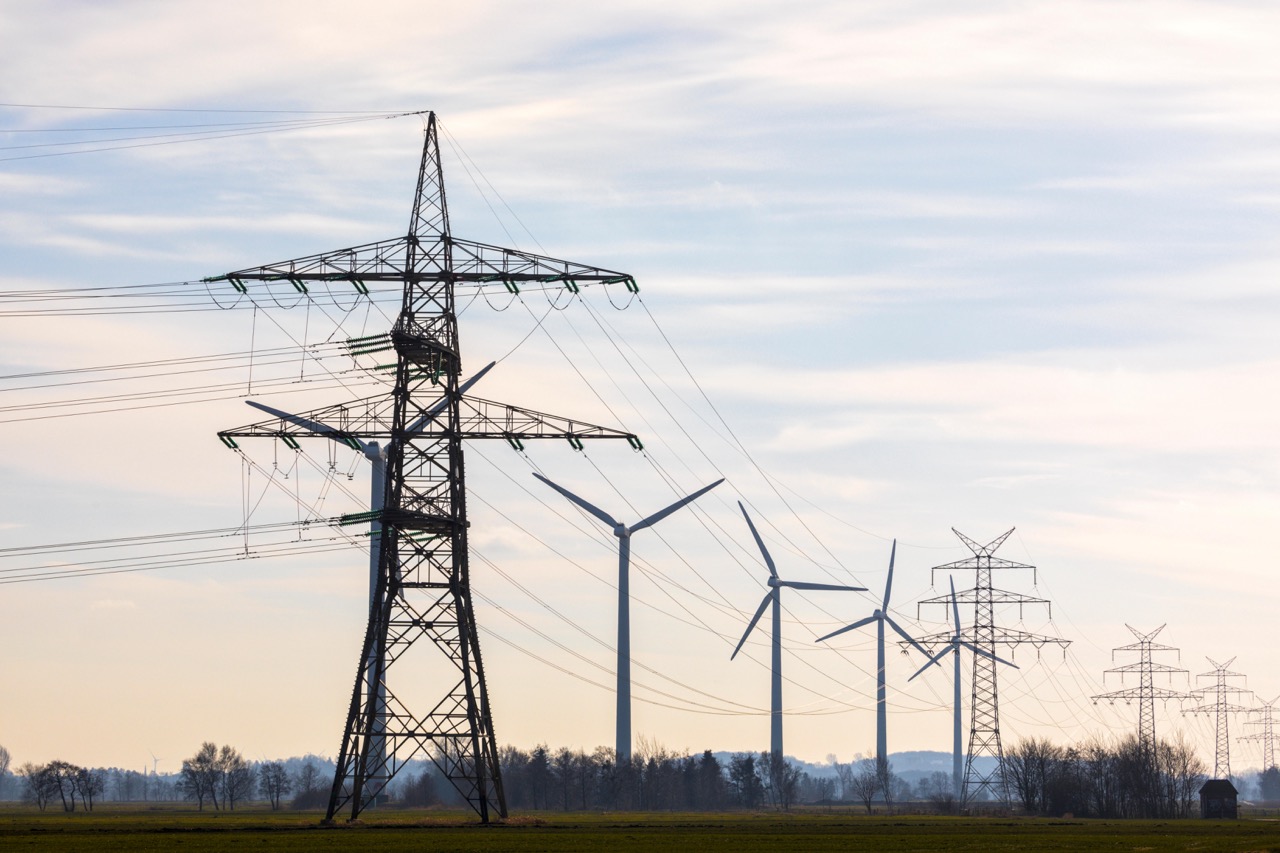The decision signals Japan’s strengthened climate commitment, joining its G7 peers to push coal phaseout and clean energy transition.
For Indonesia, the cancellation is a good momentum to halt the 2,000 MW Indramayu coal plant expansion project, as the project has been in an uncertain condition for several years. In the latest National Electricity Supply Business Plan of 2021-2030 (RUTPL), the status of the Indramayu coal-fired power plants is stated as “postponed to adjust with Jawa-Bali demand,” which can be translated to the oversupply in the system.
The state-owned electricity company (PLN) quickly responded to this announcement by confirming that the company had cancelled its plans to build the Indramayu coal power extension project, just a few days after Japan’s announcement. PLN highlighted that the company took the initiative to stop looking for financial support as part of PLN’s effort to reach net zero by 2060.
Will the other postponed projects come to a halt?
Like the Indramayu project, two coal power plants are being postponed in Java and Bali for similar reasons, adjusting demand. The 660 MW Banten coal power plant and 1,000 MW Jawa 5 coal power plants have not started the construction process according to the latest RUPTL (2021-2030). To be consistent with their statement, PLN needs to consider halting these projects.
PLN has the vision to reach Net Zero Emissions (NZE) by 2060 by accelerating the renewable energy uptakes and gradually phasing out coal power generation. Halting new coal power plants that have not been built would prevent PLN from adding extra burden to the oversupply potential in the system and dealing with the early retirement of young coal fleets in the future, which can threaten the 2060 NZE goal.
No new coal is the most reasonable option
The latest IPCC report has confirmed that global coal use has to collapse for the world to have any hope of reaching 1.5 degrees. The report also underlined that coal is the only type of fossil fuel that needs to be phased out by 2050.
Japan’s decision on the Indramayu coal plant should provide the opportunity for PLN to restructure their electricity supply plan in the next RUPTL. Considering the oversupply on the PLN side and the global commitment to stop overseas coal financing on the investor side, halting several coal-fired power plants that have not started is the most reasonable option. Indonesia, after all, already has a plan to implement “no new coal” starting 2021.
If this action is taken, PLN could evade the inevitable future challenges of retiring young coal fleets like the Indramayu coal plant, and avoid jeopardising Indonesia’s plan to fully phase-out coal by 2050.
Last but not least, PLN could turn this unfortunate loss of financial source into an opportunity to leverage the shifted appetite of investors, Japan included, to obtain financial assistance to accelerate renewable energy deployment in Indonesia.





